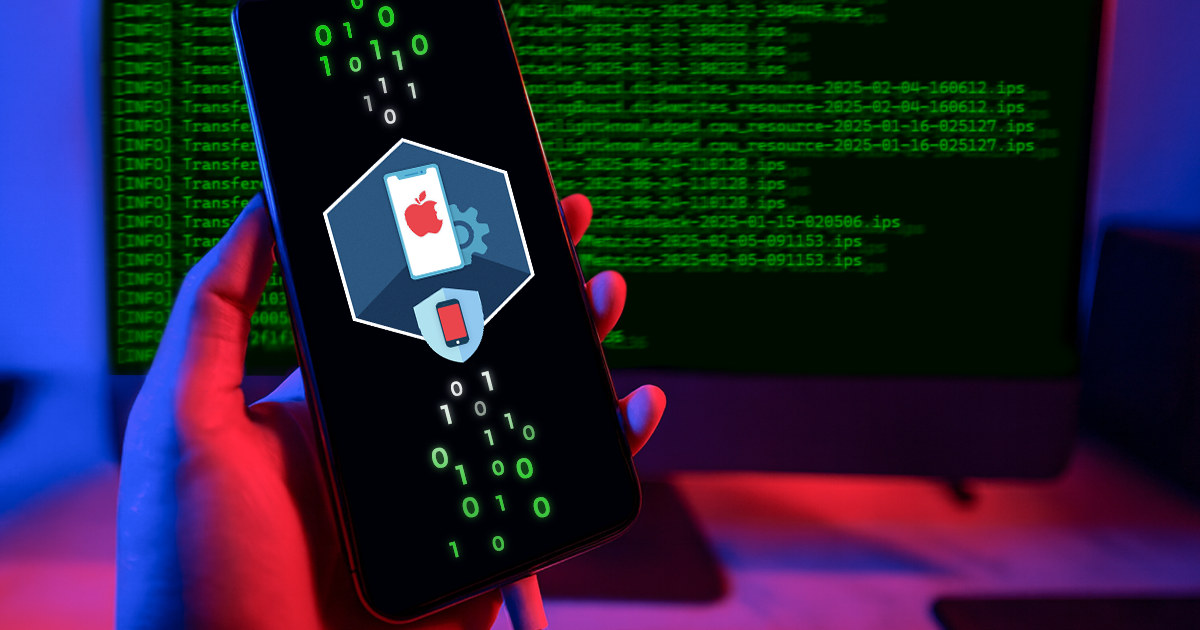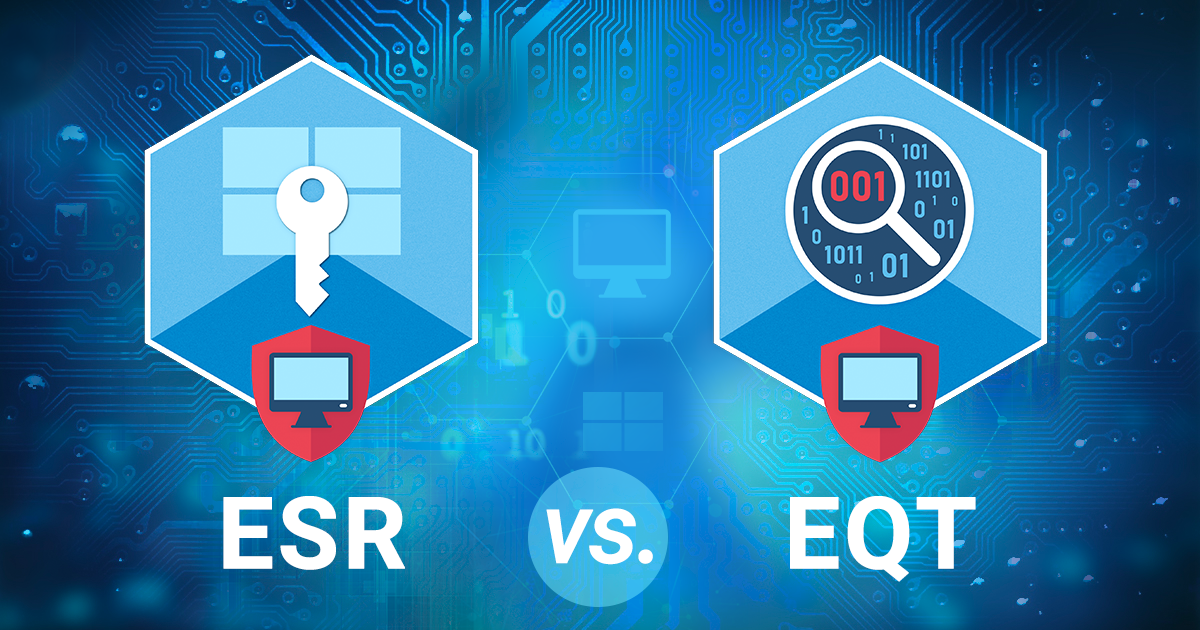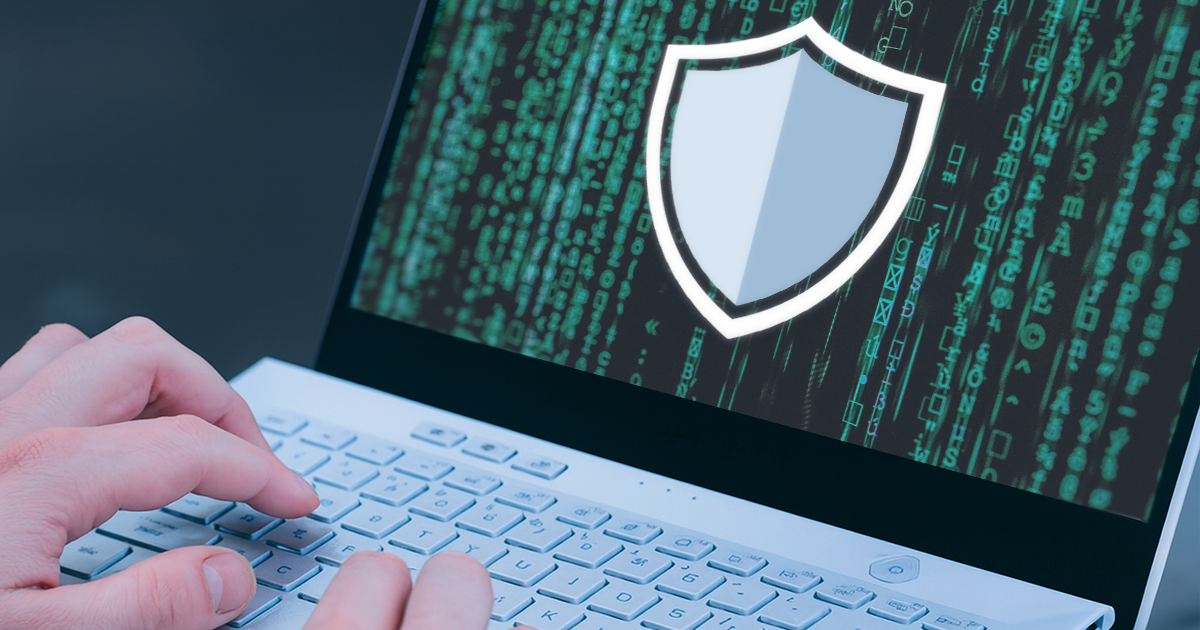The new generation of jailbreaks has arrived for iPhones and iPads running iOS 12. Rootless jailbreaks offer experts the same low-level access to the file system as classic jailbreaks – but without their drawbacks. We’ve been closely watching the development of rootless jailbreaks, and developed full physical acquisition support (including keychain decryption) for Apple devices running iOS 12.0 through 12.1.2. Learn how to install a rootless jailbreak and how to perform physical extraction with Elcomsoft iOS Forensic Toolkit.
The two recent jailbreaks, unc0ver and Electra, have finally enabled file system extraction for Apple devices running iOS 11.4 and 11.4.1. At this time, all versions of iOS 11 can be jailbroken regardless of hardware. Let’s talk about forensic consequences of today’s release: keychain and file system extraction.
With more than 127 million users in multiple countries, Apple Pay is one of the more popular contactless payment systems. Unlike some competing payment technologies, Apple Pay is not only tightly integrated into Apple’s ecosystem but is exclusive to Apple devices.
It’s been fast. iOS 11.3.1 and all earlier versions of the system down to iOS 11.2 have been successfully jailbroken. In addition, the jailbreak is compatible with iOS 11.4 beta 1 through 3. We normally wouldn’t post about each new jailbreak release; however, this time things are slightly different. The new Electra jailbreak uses two different exploits and presents two very different installation routines depending on whether or not you have a developer account with Apple. Considering how much more stable the developer-account exploit is compared to the routine available to the general public, this time it pays to be an Apple developer.
iPhone protection becomes tougher with each iteration. The passcode is extremely hard to break, and it’s just the first layer of defense. Even if the device is unlocked or if you know the passcode, it is not that easy and sometimes impossible to access all the data stored on the device. This includes, for example, conversations in Signal, one of the most secure messengers. Apple did a very good job as a privacy and security advocate.
We have just released an update to iOS Forensic Toolkit. This is not just a small update. EIFT 4.0 is a milestone, marking the departure from supporting a large number of obsolete devices to focusing on current iOS devices (the iPhone 5s and newer) with and without a jailbreak. Featuring straightforward acquisition workflow, iOS Forensic Toolkit can extract more information from supported devices than ever before.
This publication is somewhat unusual. ElcomSoft does not need an introduction as a forensic vendor. We routinely publish information on how to break into the phone, gain access to information and extract as much evidence as theoretically possible using hacks (jailbreaks) or little known but legitimate workarounds. We teach and train forensic experts on how to extract and decrypt information, how to download information from iCloud with or without the password, how to bypass two-factor authentication and how their iPhone falls your complete victim if you know its passcode.
Numerous vendors advertise many types of solutions for extracting evidence from Android devices. The companies claim to support tens of thousands of models, creating the impression that most (if not all) Android devices can be successfully acquired using one method or another.
We live in the era of mobile devices with full-disk encryption, dedicated security co-processors and multiple layers of security designed to prevent device exploitation. The recent generations of Apple mobile devices running iOS 10 and 11 are especially secure, effectively resisting experts’ efforts to extract evidence. Yet, several solutions are known to counter Apple’s security measures even in iOS 11 and even for the last-generation devices. It is not surprising that Apple comes up with counter measures to restrict the effectiveness and usability of such methods, particularly by disabling USB data connection in iOS 11.4 after prolonged inactivity periods (well, in fact it is still in question whether this feature will be available in new iOS version or not; it seems it is not ready yet, and may be delayed till iOS 12).


